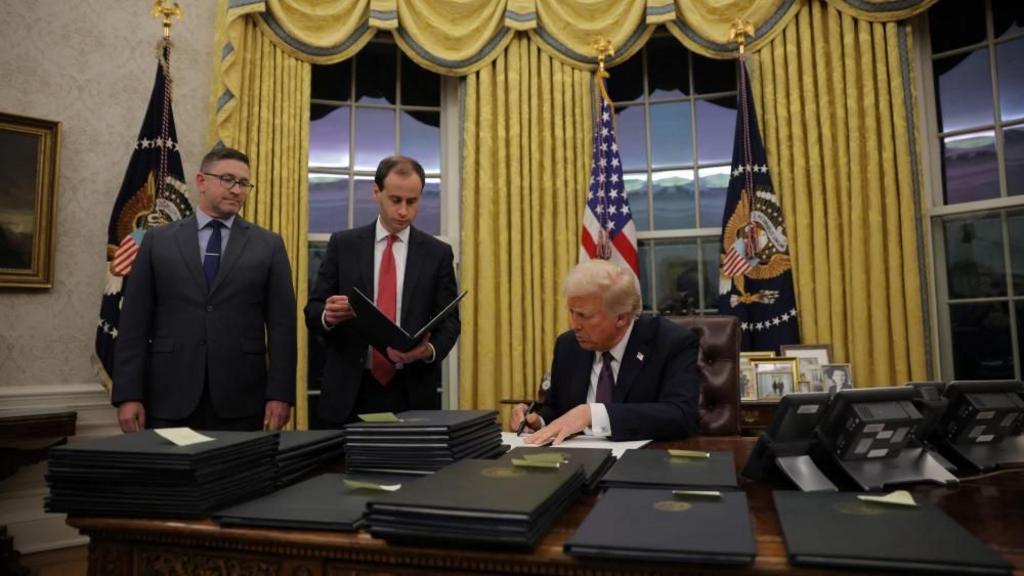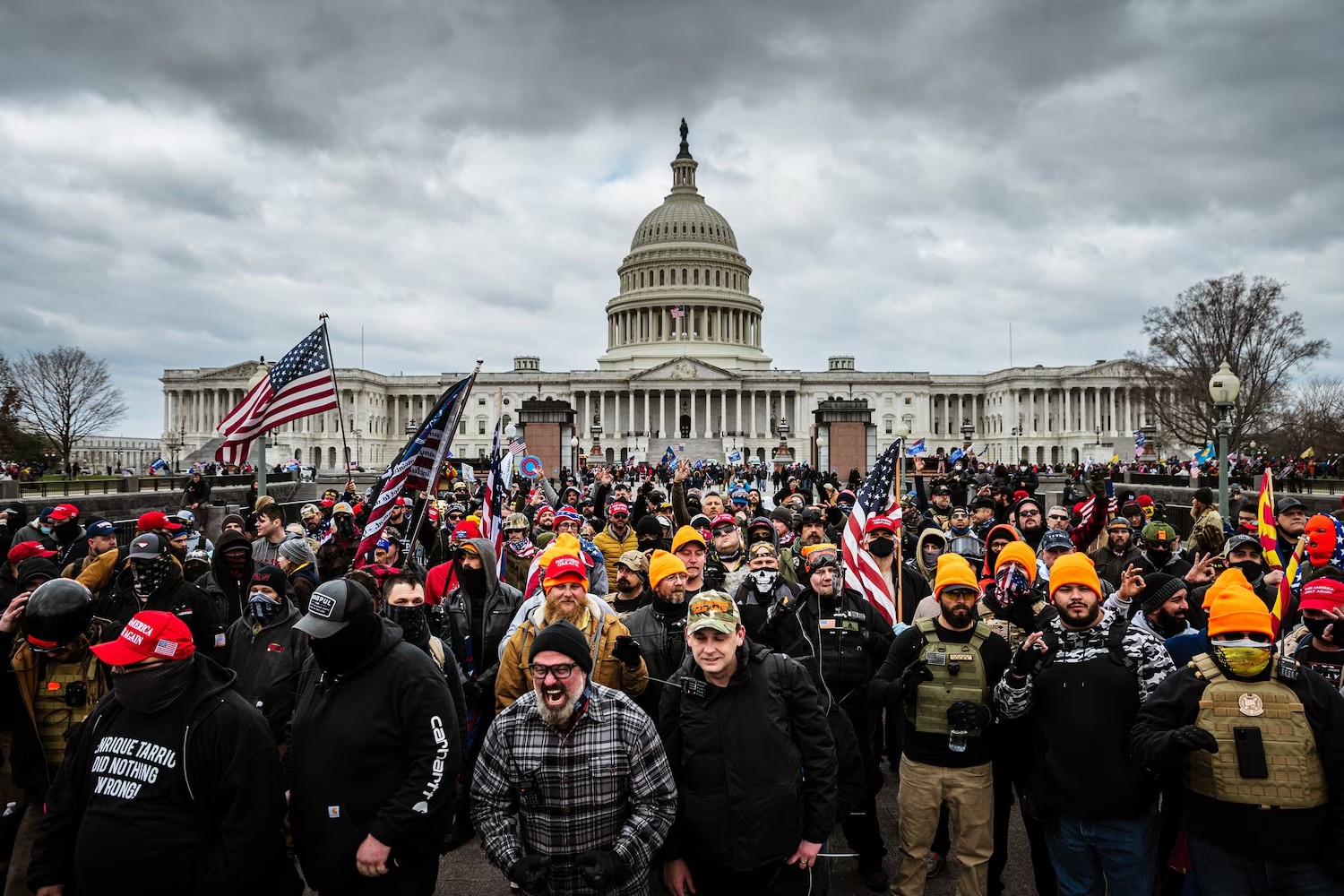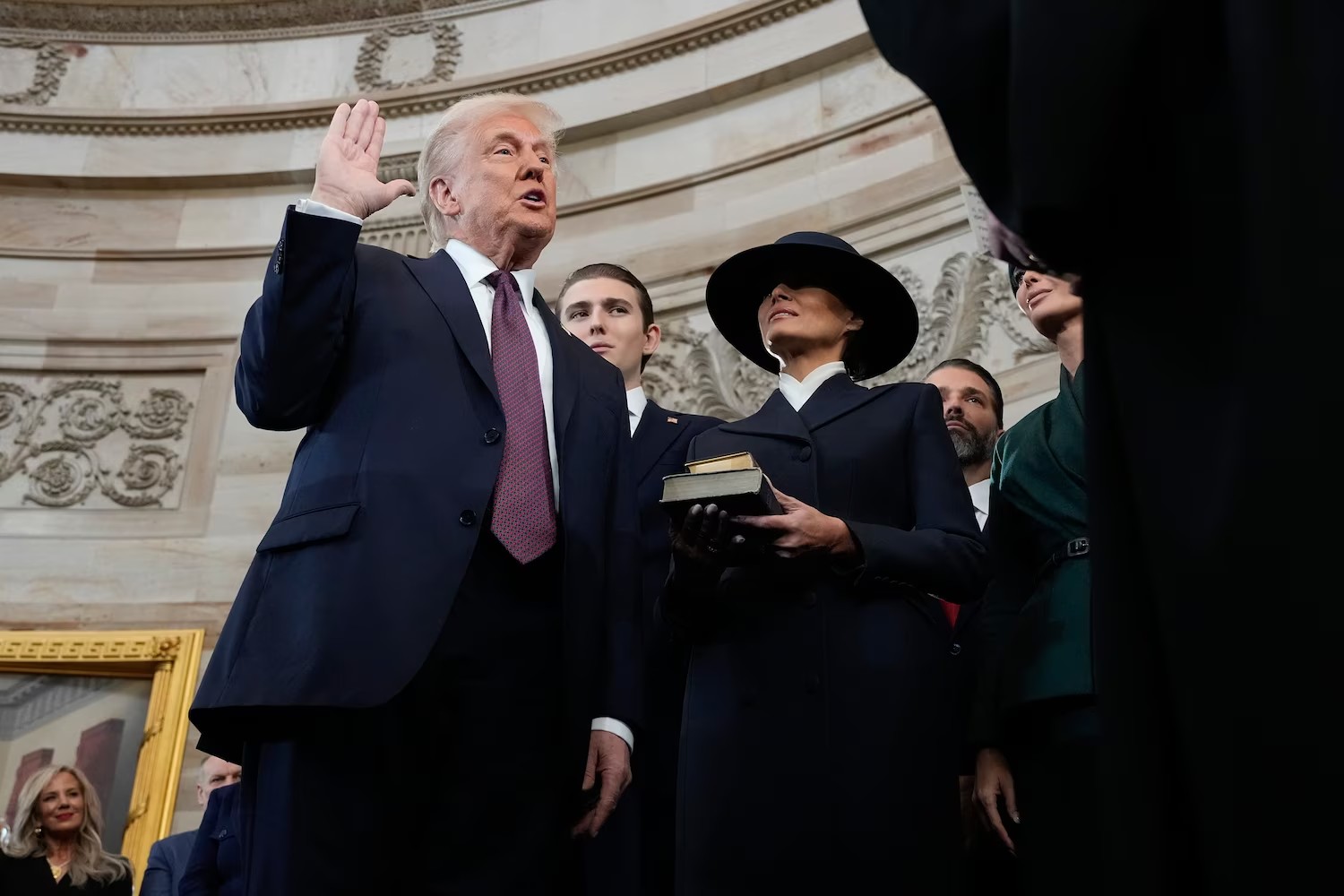Global Concerns about the Impact of President Trump's Second-Term Policies

TEXT : Malled Watkins
The 2024 U.S. presidential election concluded with Donald Trump’s victory as he sought re-election. Starting in January 2025, his second-term administration will begin. As his cabinet appointments are being finalized, glimpses of his policies, including tariffs, are beginning to emerge. His hardline stance has raised growing concerns from countries around the world. How should the world engage with the United States moving forward? We should consider the global impact of President Trump's second-term policies and the responses that may be required.
In late November, more than half a month after the presidential election, President-elect Trump had nearly completed his selections for key positions, including the heads of the 15 federal government departments and presidential advisers. Compared to the disarray of personnel decisions in his previous term, this cabinet formation process has been much faster.
Among the notable appointments, former FOX News hosts have been tapped for top positions, with Pete Hegseth nominated as Secretary of Defense and Sean Duffy as Secretary of Transportation. Business leaders such as Elon Musk and Vivek Ramaswamy have been chosen to head the Department of Government Efficiency, highlighting Trump's willingness to appoint individuals with or without political experience. For the key roles of presidential advisers—positions that saw turnover in his first term—Susan Wiles will serve as Chief of Staff, Michael Waltz as National Security Adviser, and Stephen Miller as Deputy National Security Adviser for Policy. These appointments will go through the Senate approval process in 2025.

Stephen Miller, Deputy National Security Adviser, was involved in shaping immigration policy during the first Trump administration and also pushed for the construction of the border wall. Thomas Homan, who previously served as Acting Director of Immigration and Customs Enforcement (ICE), has been appointed as the person responsible for border issues. Given the presence of these hardline figures on immigration policy, it is expected that the administration will implement strict measures on immigration. Trump has stated that tackling illegal immigration will be his top priority from the moment he takes office.
Along with his personnel appointments, Trump’s "America First" economic policies are also becoming clearer. Throughout the election campaign, Trump expressed a tough stance on tariffs. He has mentioned the possibility of imposing tariffs ranging from 10% to 20% on goods from other countries, with a 60% tariff on Chinese products, and up to a 200% tariff on imported cars from Mexico. After the election, he announced on social media that he plans to impose a 25% tariff on all products imported from neighboring countries, Mexico and Canada, with an executive order expected after he takes office. Additionally, he has indicated that he will impose an additional 10% tariff on Chinese goods, on top of the current tariffs.

Concerns about Trump’s tax policies have been raised around the world. Central banks in various countries have warned that the expansion of U.S. tariffs could significantly impact global trade and potentially reshape its structure. In Mexico, which has been specifically targeted, businesses with operations there have voiced concerns about increased costs, while government ministers have indicated that they would respond to tariffs with tariffs of their own. The potential impact of Trump’s policies on global markets is substantial.
The second term of the Trump administration, which has attracted attention both domestically and internationally even before taking office, is expected to focus on issues such as immigration, trade, tariffs, tax cuts, and the rollback of environmental regulations. How should the world engage with it? One key to understanding this may lie in "negotiation." Trump has stated in media interviews, "If China invades Taiwan, I will impose tariffs of 150% to 200%." This can be seen as a form of "negotiation" aimed at deterring China. Trump, originally a businessman, is known for making business negotiations where securing his company’s interests often involves making certain concessions. Similarly, on trade-related issues, negotiations could potentially improve the situation. After the administration begins, it will be important to watch what cards Trump and the world play, and how the situation evolves.
